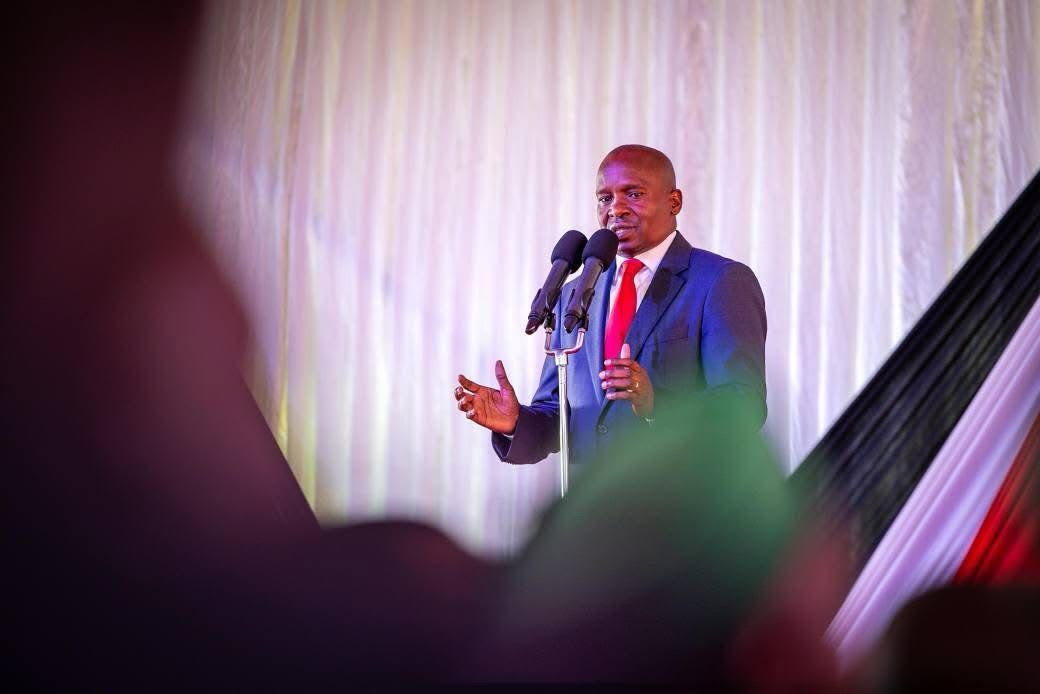

Deputy President Kithure Kindiki has said that for the first time in 16 years, Kenya will not import maize.
He said that the case is the same with sugar, which will not be imported this year after almost 22 years of doing it.
The Deputy President said the government interventions now have the country producing enough maize and sugar for consumption the country.
He noted that when the Kenya Kwanza administration came into office, Kenya imported about 10 million bags of maize but that is now a thing of the past.
“Today, for the first time in 16 years, Kenya will not import even one bag of maize. When we came into office in 2022, we had to give permits for importing 10 million bags of maize. The second year the amount of imports went down to around seven million and this year we import zero bags of maize. Subsidised fertiliser, other interventions to strengthen that value chain and we are doing that to other value chains.
“Today we are not going to import sugar. If we imported sugar it would be less than 100,000 metric tonnes because our consumption is about one million metric tonnes and we have now produced over 900,000 metric tonnes. For the first time in 22 years, Kenya will not import sugar. We are sugar-sufficient,” Kindiki said.
The DP spoke during a meeting at his official residence in Karen, where he hosted Meru County elected and grassroots leaders, professionals, and economic sector stakeholders for a consultative engagement on priority development projects and implementation of National and County government programmes.
He went on to say that the government is working hard every day, to lower the prices of basic commodities in the country.
Kindiki added that the focus is currently of stabilizing things that form the foundation of the country’s macro-economic stability.
“We are working hard to keep prices of food, fuel, basic commodities, interest rates, inflation, and exchange rates because it's the foundation for macro-economic stability,” he said on Tuesday.

![[PHOTOS] Kindiki hosts Meru Catholic Diocese reps](/_next/image?url=https%3A%2F%2Fcdn.radioafrica.digital%2Fimage%2F2025%2F02%2Fc4c37c74-278a-4b42-9406-67c1b81cf337.jpg&w=3840&q=75)











